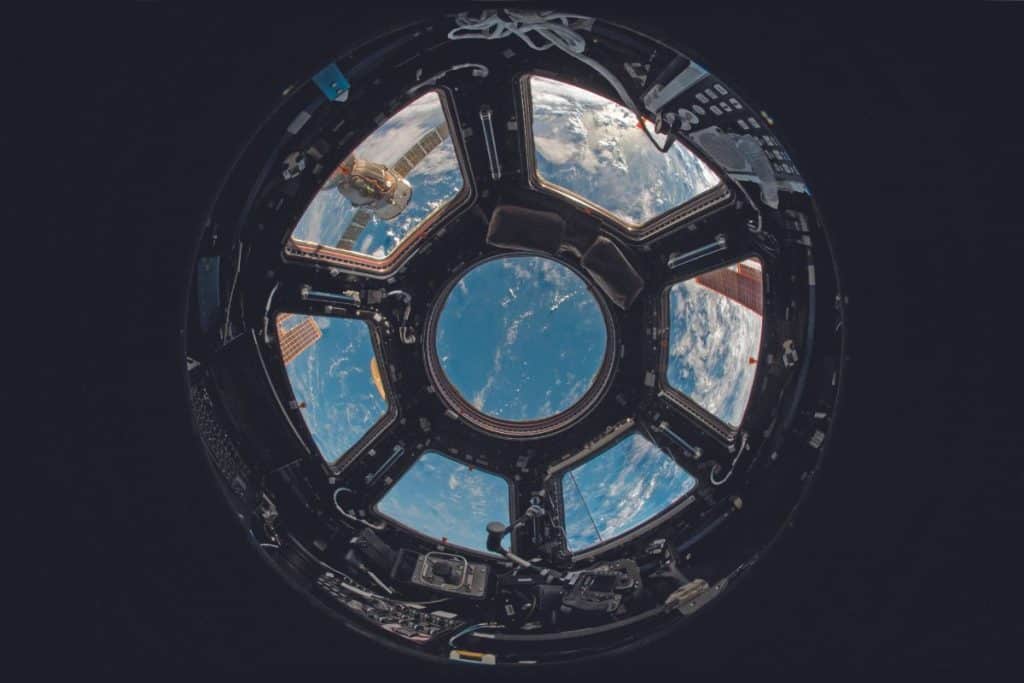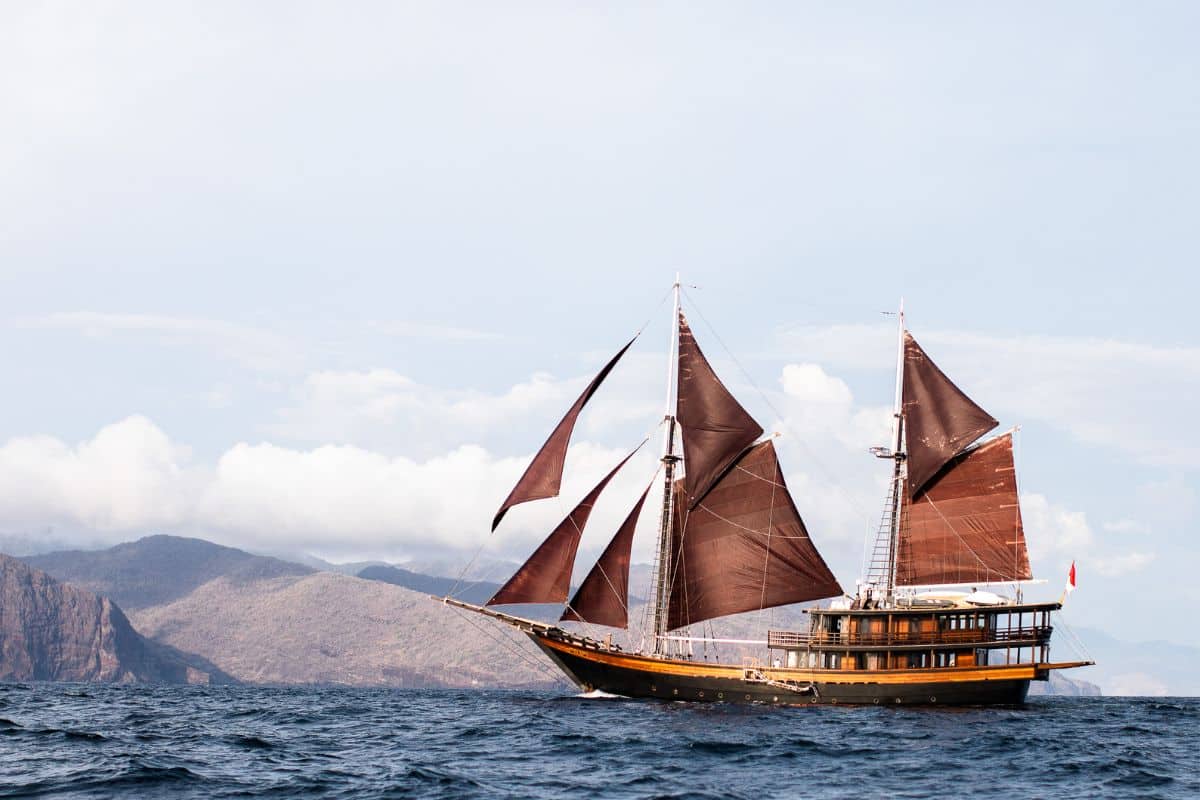Roman Chiporukha is known as Mr Intergalactic in the space tourism industry. The founder of SpaceVIP, the world’s first space tourism brokerage, believes the emerging private spaceflight industry has the potential to soon be available to the masses. What began as high–risk suborbital flights will soon include affordable orbital trips, he revealed to Arabian Business Traveller in an exclusive interview.
“We realised there was no platform in the world that aggregated all of these fascinating space adventure experiences in one place,” says Chiporukha. “Before SpaceVIP was launched, you would need to go to the Virgin website, or the Blue Origin website or Axiom’s website,” he says. “And those are just the top three players in the industry.”

Since securing the final $50 million spot aboard Axiom Space’s landmark AX–1 mission to the International Space Station, Chiporukha — who also co–founded the luxury lifestyle and travel company Roman&Erica — has witnessed a huge uptick in demand for commercial space travel, especially from the Middle East
“There is tremendous excitement in the MENA region, people are very interested in learning about space and why it is important. Demand is up 65 percent from last year” Chiporukha assets, citing educational initiatives and regional role models such as Saudi’s first female astronaut Rayyanah Barnawi who has helped spark greater interest for space travel.
“Consider the launches that we had last year with Bezos and Branson, the tremendous work that Elon Musk is doing with SpaceX, all of the photos coming from the James Webb Space Telescope, I think that’s what is getting people really excited”
Today, Chiporukha helps facilitate plans for dozens of individuals eager to experience adventures in the “space between space” to be among the planet’s very first space tourists.
“I think in the space [tourism] industry, having a point of reference is needed even more, because people don’t understand the offerings,” Chiporukha points out.
Currently SpaceVIP has partnered with space tourism companies such as Axiom Space, Space Adventures, Space Perspective, and Starfighters Aerospace to others including Blue Origin, Virgin Galactic and SpaceX. SpaceVIP expects to partner with more space ventures in the near future.

Space travel opportunities
Chiporukha predicts that space tourism will become more mainstream within the next 18 to 60 months. “Space Perspective aims to start flying passengers to the edge of space from a spaceport in Florida by late 2024,” Chiporukha says. “That’s a huge step for the industry” he notes
Chiporukha and his team at SpaceVIP specialise in providing customised space itineraries tailored to each client’s unique interests “It’s really what you want to achieve” he says.
“You can go to Hawaii on an analogue mission where you’re living in a bubble that simulates living on Mars or the lunar surface [or] you can experience floating 20 miles above the earth’s surface to witness the overview effect”
“Passengers can bring 25 or 30 of their friends on a plane that simulates a zero gravity experience, with an opportunity to dine with an astronaut before or after their flight. This would cost roughly $300,000.”

Chiporukha predicts that as the space tourism industry expands, the costs will decrease dramatically. “We expect the cost of space travel to follow a similar trajectory as technologies such as the flat screen televisions, which started off extremely expensive but became much more affordable over time,” he explains.
Since securing the final $50 million ticket aboard AX–1, new players such as Space Adventures and Space Perspective are entering the market and changing the landscape. Their tickets not only more affordable, ranging from $50,000 to $125,000, but also don’t require significant space training compared to a mission aboard Axiom Space rockets to the ISS. Passengers aboard one of these missions will typically spend between four to six months in a training program that is similar to astronaut training. Upon completing the program, the passengers will spend ten days on a private mission, usually driven by objectives rather than leisure.

Changing perspectives
Chiporukha believes a major obstacle for the burgeoning commercial space industry is educating the wider public about the societal benefits generated by space exploration.
“The more people understand the true significance of space development, the more they’ll want to travel there themselves,” he said.
Chiporukha notes that past clients who’ve flown to orbit on private space missions to the ISS have partnered with esteemed organizations such as the Mayo Clinic to advance medical research off-planet.
“The microgravity environment of space is being leveraged for vital discoveries related to diseases like Parkinson’s, cancer, stem cell treatments – industries that can improve life on Earth,” he explained.
According to Chiporukha, over 50 percent of modern technologies used daily originate from innovations for space missions – including revolutionary conveniences like Velcro and satellite communications.
With greater investment in space tourism and research, he envisions more breakthroughs emerging in coming decades that could radically transform life on Earth for the better.
To catalyze continued progress, SpaceVIP also runs an educational foundation aiming to inspire careers in STEM, especially for women and underrepresented groups, to cultivate the next generation of space scientists.
“Making space more accessible can lead to so many innovations that benefit humanity,” Chiporukha said. “But first we have to expand public understanding of why responsible space development matters for our future here on Earth.”
“The public doesn’t realize that once we figure out how to grow plants in space, this technology can be utilized in places that have water shortages…. This is why we are so focused on promoting universal space literacy”
SpaceVIP has recently developed the world’s first comprehensive space education curriculum designed to spur widespread space literacy. Crafted by an elite team of leading science educators from across the United States, the pioneering curriculum aims to engage students in the possibilities of space in order to cultivate the next generation of space explorers and researchers.
Sustainability in space
With over 30,000 pieces of detectable space debris already orbiting Earth, sustainability is a major concern as commercial space travel becomes a mainstream reality.
“It’s short-sighted to build rockets today without considering recyclability or reusability,” he said. “Companies have to factor in sustainable models from the start, even if it lengthens development timelines initially.”
Currently, over 30,000 pieces of space junk floats in space. That only includes pieces that are trackable. Chiporukha believes that companies offering experiences in space must think about sustainability in order to survive in the industry. “It’s just short–sighted to build rockets without consideration for recyclability or reusability,” he says.
“Factoring in recyclability options will force other people to operate in the same manner, even if it takes longer to develop” Chiporukha adds.
The future of space tourism
On the future of space tourism, Chiporukha remains optimistic. He believes Elon Musk’s SpaceX is well-positioned to be the first to carry paying passengers into Earth’s orbit, with the Starship rocket well underway. However, Chiporukha also acknowledges contributions from competitors such as Virgin Galactic and Blue Origin. Their focus on suborbital flights could enable major strides in supersonic travel.
According to Chiporukha, the experiences space travel can offer go far beyond just viewing the cosmos.
“We’re currently working with some highly respected chefs to create meals in space, which I think will be amazing,” he said. “We’re also in talks with cultural artists, painters, photographers and musicians to do galleries, concerts and more in orbit. The possibilities are truly endless.”
As entrepreneurs explore ways to make space enriching for travellers, the future remains exciting yet undefined. But with constant innovation, blasting off into the great unknown may soon be the most exhilarating new frontier in travel.
Follow www.abtraveller.com and @abtravellerme to stay updated on the latest travel news














